Deborah Levy, Real Estate: “In fact I would be content to live in a humble wooden cabin on the edge of an ocean or a lake…”
Carmen Maria Machado, In the Dream House: “I always thought the expression safe as houses meant that houses were safe places… But house idioms and their variants, in fact, often signify the opposite of safety and security… Safe as houses is something closer to the house always wins. Instead of a shared structure providing shelter, it means that the person in charge is secure; everyone else should be afraid.”
I’ve been quiet for a while. The reason is that the cottage I’ve lived in for a year and a half is being sold, and I have to be out in a few months time. As the sky darkened with the stormclouds of housing precarity, my Muse retreated into her cave.
I had resolved not to write about housing until I had moved out; but then I found I couldn’t write anything at all.1
Emergent perils of animism: if the house is alive, then losing the house is losing a relationship. The problem is, (I wrote in my journal,) it’s like a break-up… The heart of the matter is I love this house, I’m in love with it, we’re bonded. I’d go so far as to say we’re in love with each other, & that’s why I have the shocked deluded feeling like, but that’s not possible. It can’t happen that we should be separated.
After the phone call, what I felt seemed familiar. It reminded me of another loss. I realised it felt like losing my stepchild. Theoretically you know it’s not safe to get attached. But the child puts their arms around you, their peachy cheek against your cheek. “I love you,” says the child unto thee. In such a scenario, withholding feels mean in both senses: stingy and cruel. Intimacy is human, love is easy. It’s natural that time spent together spins increasingly complex webs of attachment. The house worked its magic that same way, by openness: here I am, live in me, love me.
Severance may be inevitable, yet when the time comes, it’s hard to let go. The worst part is that you lose because you do not own. It feels deeply unjust, but there’s no recourse. Blood is thicker than water. Money weighs heavier than magic. You knew it was temporary. Yes, but at the heart of it was this true love (balanced on the precarity of other people’s whims).
Yesterday on the bus I found myself without anything to read but my own journal. With the benefit of hindsight I could see my dreams in the period before getting notice were barometric, indicating the coming storm:
I dreamed of tornadoes coming at me off the sea, waterspouts forming.
I dreamed of living in a big flat, looking for somewhere quiet to sleep.
While I’ve lived here, I’ve worked solidly at writing. There’s been enough time-space to think deeply. Most mornings, if the stars align, ideas appear. Do they drop down, falling water? Do they bubble up, rising air? No matter. They aren’t there, and then they are, usually in the form of a sentence or a phrase. Abundant unstructured time-space is the precondition of their formation. Worry, anxiety, stress, and distraction scare them away.2 They’re delicate little things.
This morning an idea-bubble rose up: ‘my house’ is a thing I made. It’s a work.
It’s as if someone said— Now, erase that drawing.
But I’m still working on it.
That doesn’t matter, you need to start rubbing it out now.
I wrote: I can feel that I’ve done what I always do in any situation where some kind of security or stability is available: I back my little crab tail into that hole & cling on for dear life… I’m such a creature of habit, it takes me so long to settle, to start to feel safe, that I want it to continue, I want to reside inside that fragile stability, which I know is unwise & not how the world works. Not for the poor.
Home is as fragile as those bubbles of inspiration. Home is the feeling (the illusion) of safety and security. Home can be lost while there is still a roof over your head. It’s like being cheated on that way: once it’s happened a few times, you get to know when an act is unforgivable. The knife goes in, and… Game it out. It’s already over.
Chop wood, carry water, by all means dig. But if you rent, I would advise applying your effort to things you can carry with you when you go. Never forget that you stand to lose your labour. Human ingenuity is bonsai’d by the learned helplessness of tenancy. This pinching out of side-shoots is maybe the greatest tragedy of what renting does to a person’s soul.
When I moved in here, intoxicated by my luck, I photographed the moon, swooned over the view. I had enough stuff to fill a room, but this was a whole house! I stitch a red and white woven scarf to the bottom of an aqua blanket, fit it to the living room door to make a warm zone. The house needs pictures on the walls. Trolls, moon, seaweed, sigil. A full-length mirror in an arched oak frame, bevelled edges catching light. The house needs a bread-knife, a rubber spatula, a potato masher. Twin egg-shaped whisky glasses, heavy as rocks, a full two inches of solid glass at the base. A plate with a pattern of ivy leaves. The illuminated windowsills are bare: plant-space. Rescue orchids. Cuttings to grow on. The plants need potting mix, sphagnum moss, transparent pots. Small secateurs, spray bottles. I need a bookshelf for my journals and drawing books. Two beautiful sweating men from the Salvation Army carry it up the stairs, through three doorways. I unpack and shelve my journals, double-checking date order:
After months of hunting, I find the perfect pair of small armchairs at the Dump Shop, grey-blue leather. I wash and mend them in the courtyard, then discover they won’t fit through the front door. I sit down and cry for a bit, then take the door off its hinges, angle the chairs just so: they squeak through. I hang the map of Cape Wrath my friend Leo sent me from the U.K. on the wall. I hang the magical green-patterned scarf I found in the Dominion Road Vinnies, with its staghorn beetle, its compass points in French. I make a trellis for my hoya to climb, attaching tiny removable hooks to the wall and ceiling and tying driftwood sticks together in the form of a spiderweb. I tinker with my mantelpiece altar, adding and subtracting artefacts, tuning its frequencies, suspending delicate things on threads so they turn in the air. Gradually I relax my restrictions on book-buying. Just a few at a time, a few dollars a book. Books are the fuel to my writing-fire, so I justify acquisition: I need a constant supply of literary novelty. I run out of shelves, begin stacking books on the floor.
Cut to kicked out. Why the fuck do I have so much stuff? Books, so heavy. And all those things that can’t be tipped or squashed. My Wizard hat collection, my plants, the rolled-up artworks from my show: large, delicate, precious. I move my outside plants first. They’re self-sufficient, they can live in the rain without me. I move my potting tools with them, my bags of potting mix. Thus the bubble of my little ecosystem is broken. I feel the division. I can’t access what I need any more. My landlord leaves a note that says The place looks great! I think, That’s because I have already started to move out.
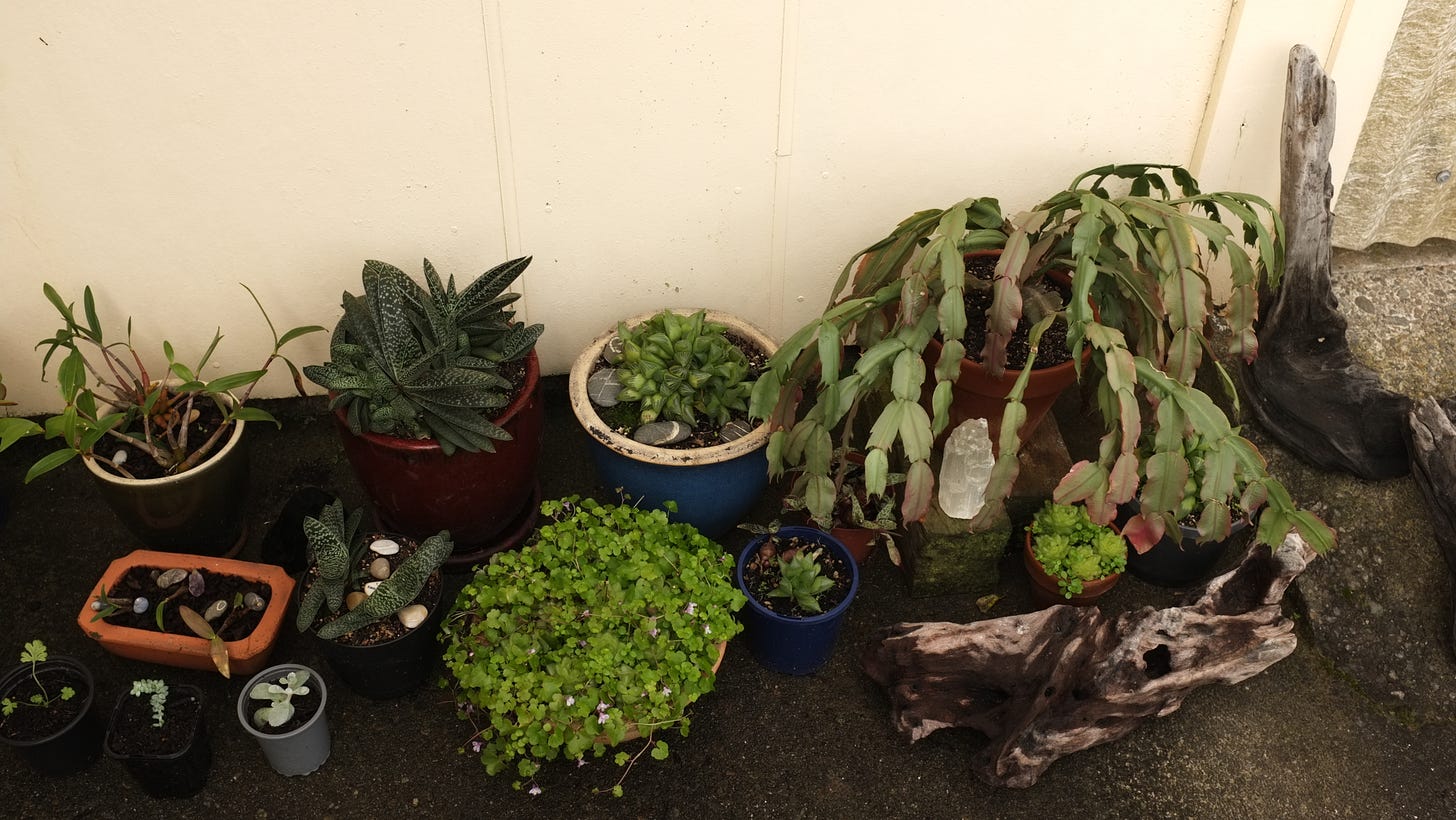
Gentrification. Citizenship vs. Denizenship. Precarity. I have tried to write about these things before. I tried to write about them last time I was losing my home, then I was offered this place and the wind went out of my sails: like a baby drawing breath to cry, then the dummy gets stuck back in its mouth. Oh, says the baby, I must have been mistaken; nothing is wrong. There are disincentives to rock the boat when newly housed, i.e. to write scathing generalisations about landlords that one’s new landlord is likely to read.
Eula Biss says in Having and Being Had that precarity derives from prayer.3 Does that make the landlord a kind of God? (My mental shorthand for leaving well enough alone when it comes to authority goes— Don’t poke the box of snakes.) The word precarious is also accurate in that it carries the implication of a balancing act, the balance being the constant navigation of the delicate space between self and other. To be precarious— to be a member of the Precariat— necessitates strategic deployment of diplomacy, vulnerability, charm, in order to get basic needs met. The inherent inequality of precarity means constant submission to scrutiny and judgement from above: behave! Be liked! (Maybe it’s this begging-in-disguise that’s so shameful.) I wrote: The homeostasis of the finger choosing not to point. It could if it wanted, though: stay small, lie low. You live at the bottom of a hierarchy that likes to pretend it isn’t. The worst is when landlords act like you’re in the same boat.4
Once the truce is broken, though, there’s nothing to lose; between safeties, one becomes free to speak.
A thing is happening that I remember from last time. The city changes its texture, becomes a fabric of potential dwelling-places. What would it be like to live there— or there? As I was riding the bus yesterday, I realised that the problem with scoping dwellings from the bus is that all the places I can see from the bus are not places I want to live, because I don’t like to live right by a road. It disturbs my sleep; though when I lived by the motorway I used to pretend that the passing vehicles were waves on a shingle beach.
All of these bolt-holes, none of them mine.
Anyway, I have somewhere to go, so it’s a purely reflexive scanning. Marc Hamer says in his book How to Catch a Mole5 that his teenage homelessness left him with a persistent habit of looking for places to sleep. Under hedges you often find a good dry hollow, he says.
People live in tents, in refugee camps. People live in garages and under bridges, they sleep in shop doorways. In the last week I’ve spoken to two separate acquaintances who told me they live in their cars. I’m the lucky one. Yet I am closer to these unhoused people than I am to those in stable economic partnerships, with twinned careers and salaries, mortgages and children and labradoodles.
In the city, empty shops. Holes smashed into plate glass windows. On the community pages, stolen vehicles. What people don’t seem to understand is that social welfare is not for the poor. The social fabric is only as strong as its most worn parts. Keeping poor people from true desperation allows the rich to own their stuff, to keep their nice things; to keep their bubbles of belief about what the world’s like intact.
I may want peace and quiet and beauty and solitude— I may need them in order to work well— but as the saying goes, Beggars can’t be choosers.
What right has anyone to safety? I don’t think I deserve to own property. (In fact, I don’t want to, particularly.) But I do think that I have a right to safe secure housing (in the community I’ve lived in for over ten years, in the city I’ve lived in for over twenty years). I think everyone should have that right. They patently don’t, but they should. Housing is a fundamental human need. It should never be what it has become in this country, a perpetual vacuum sucking every free scrap of money upwards.6 Non-home-owning New Zealanders’ resignation to the absolute shitness of housing here (expensive, cold, damp) is because for most of us there’s no way out of the pickle.7 We’re forced to pay other people’s mortgages in order to keep a roof over our heads from week to week, and we’re expected to be grateful for the privilege.
It’s both a travesty and a tragedy that there’s nowhere to live in this city: for the displaced humans, of course, but also for the city as an entity. Driving away everyone who’s not rich impoverishes the city, because the Precariat includes most cultural workers / artists, and also the young (an overlapping pool of innovation). Wellington continues to trade on its self-identity as the Creative Capital; yet it has become increasingly hostile to artists. People are forced to go where they can survive, somewhere other than this bourgeois town.8
In decades not-long-past, one could buy a grand old mansion on the income of a craftsperson or artist. It’s galling that the generation who benefitted from this temporary affordability now control all the resources, and that they farm us for rent; but insult to injury is the way that their lived experience keeps them insulated from truly understanding how much economic conditions have changed since they were our age.9 That we can’t do what they did— buy a house for peanuts, live in it, wait a few decades, and thereby become a millionaire— no matter how hard we try. Truthfully, many of us can’t own anything at all. (So why try?) In a way none of it is personal… yet what is more personal than home?
When I think about the relationship between economic conditions and creative work, I think about what this year and a half of solitary living has taught me: that the mundane world is the crucible in which the imaginal world is alchemised. For the first time in my life I found myself in the correct conditions for sustained creative labour. Conscious the good weather might not last, I worked hard every day.10 Creativity feeds on itself. When the ideas realise that you’re listening, they tell you more. The art came alive under my hands and spoke back to me. I understood new things.
I don’t know how to explain what it felt like to get what I needed. (Good times, for a change...) I knew going in that living alone would likely be conducive to writing but I was not prepared for how it felt: like a welling up of energy, like tapping into a current of power. (I told it to you along the way, anyway, in the 56 posts I’ve written in this house.)
What I’m trying to get at is that I experienced proof positive of something I’d previously only half-theorised: the direct correlation between living conditions and productivity.11 The myths about struggle leading to good art are pernicious, ill-informed, and absolutely incorrect. I’ve always worked at art, in some very sub-optimal conditions, and mostly it’s been difficult. This last year and a half has been the most productive and the most straightforwardly enjoyable period of my creative life.12

I’m conscious that it’s a massive privilege to get to experience long-form flow states. There is something about the freedom of interior space— the universe inside the person inside the house inside the world. A house is a space in which to weave meaning: the patterns of living and the patterns of working are the warp and weft of daily practice.13 The other world is overlaid, underlaid, interlaid with the mundane world. Outer space and inner space are a pair of animate mirrors. These things are hard to describe because they are invisible. The world inside the world, the hand inside the glove. Sometimes you see it, sometimes you don’t. I want to do the work that is made possible only by continuity: the deep work, the long work, over moons, seasons, years of time. (Yet continuity is expensive— stability is a luxury.)
Maybe a house is a kind of chrysalis. An eggshell. Inside the walls, a soup of imaginal cells begins to coalesce into new structures: wings, legs, tail, antennae. Crack, fracture; a new creature hatches, changed beyond recognition.
I fell asleep reading Deborah Levy’s Real Estate, and dreamed I was trying to get to a small dwelling in the middle of a University campus. It was situated like my Godmother Ruth’s house-truck when I was small— embedded in a little flower-garden island in the middle of a paddock. From the clifftop I could clearly see the way, but once I got down I couldn’t find my way through the maze of buildings. I asked directions, but was distracted by a leashed tiger whose body was made of living wood, with bark for fur. (This impossible hybrid beast climbed a tree in a walled garden and sang.) I was carrying a number of wrapped parcels that I would open once I arrived. Two, I could tell, were fountain pens, four others were indeterminate. Possibly books. Why was I carrying so much? And why couldn’t I find the way to the peaceful haven, the way that had seemed so obvious from above?
Maybe I dreamed about Ruth’s house-truck in its flowery skirt because when I was a kid she was the only woman I knew who made her life this way, the way I live now: childless, solitary, primitive, beautiful. We swam in the dam with its water-lilies, the river with its eels. She wove stories for me by the light of the kerosene lantern. (The smell of kerosene: a madeleine.) A chicken with a magic wishing-rock inside its head. Children whisked away to fairyland for running three times widdershins round a church.
As an adult I can see that Ruth was more hardcore than I am now, not so attached to hot water and electricity, and that allowed her to live in wilder places.14 Maybe I’m jinxed by my desire to reside at the juncture of the sublime and the convenient. I’m soft, unwild. I am civilised— or perhaps a better word is domesticated. I want to live where I live now, at the very edge of the city, with its piped conveniences. But the edge is still the city. Waves of gentrification ripple out from its bureaucratic heart. The gentry are all round, on each side they are found.
The other night at an exhibition opening I got cornered by an acquaintance who told me, “Everything happens for a reason! Now your standards are higher, you can attract something even better! Don’t even say the word poor! You don’t look poor to me! Our words are powerful! We manifest our reality!”
Somehow I was pinned. Her eyes were glittering. She was so very certain. The blood flooded my face. I could feel its heat in my cheeks. I said, “I know you’re trying to help. But this is not a good thing that’s happening to me. Economics is real. Structural inequality is real.”
When I was running a flat, waifs and strays sometimes came to stay. I tried to give them a break by making their rent affordable. Relief from suffering, a safe place: temporary became permanent in their minds, and when I gently requested that they move on, they’d get angry with me. I would feel wronged by that, because I’d done them a favour.
Now I am that waif and stray, angry because I mistook something temporary for something permanent.
The feeling of me— my house— my stuff— my small world within which I chose, I made, I dreamt. It’s those intangibles I’m grieving: the freedom & creativity that grow slow as moss, only in the right conditions.
Economist Guy Standing (who coined the term ‘Precariat’): “Recent research has shown that lack of basic security impairs mental as well as physical health, triggers various psychological disorders and reduces short-term intelligence, or ‘mental bandwidth’. When people lack, or fear they will lack, something essential such as money or food, preoccupation with daily hassles uses up much of their mental energy.”
To put it another way, these daily inspirations are conditional on long-term immersion in the deep present.
Ursula K. Le Guin, The Dispossessed: “Shevek’s first reaction to being put in a private room, then, was half disapproval and half shame. Why had they stuck him in here? He soon found out why. It was the right kind of place for his kind of work. If ideas arrived at midnight, he could turn on the light and write them down; if they came at dawn, they weren’t jostled out of his head by the conversation and commotion of four or five roommates getting up; if they didn’t come at all and he had to spend whole days sitting at his desk staring out the window, there was nobody behind his back to wonder why he was slacking.”
Lord (as in landlord) comes from Old English hlafweard, meaning the guardian of the loaf: so a landlord is ‘in charge of the bread’ of land.
Withnail: “Stop saying that! You're not in the same boat! The only thing you're in that I've been in is this fucking bath!” (At 2.18 in this video. The most accurate detail in this scene is the shitty multi-coloured paint on the bathroom door.)
Hamer is, or was, a professional mole-catcher, an ancient and cunning profession that was revived in the U.K. when the use of strychnine to poison moles was banned, because it also killed any animal that ate the animal that had died of it.
This is also why channelling money into the bottom end of the economy will fail to stimulate the economy unless landlords are inhibited (by means of law and taxation) from funnelling that stimulus money straight into their own pockets via uncontrolled rent-farming. Without counterbalances, private bank accounts are feathered from the public purse: this is what happened with Covid stimulus money (and that was under a left-wing Government— the present Government doesn’t even pretend to butter the bread on both sides. Prime Minister Christopher Luxon makes over 4 million dollars a year in capital gains from his property portfolio alone. https://www.1news.co.nz/2023/06/11/luxon-challenged-over-his-7-houses-who-owns-more-than-you/)
I could say more about how the NZ economy has been largely bankrolled by property-based credit expansion for 40 years, but that’s beyond the scope of this essay. (Foolish, incredibly foolish…)
Around 1/3 New Zealand households rent. Stats NZ: Renting vs owning in NZ - Data from the General Social Survey 2018
The two things I kept thinking about when I was writing this piece were Leadbelly’s Bourgeois Blues:
…and W. H. Auden’s Refugee Blues:
“Say this city has ten million souls,
Some are living in mansions, some are living in holes:
Yet there's no place for us, my dear, yet there's no place for us.”
Obviously I’m not comparing my situation to the plight of refugees, or black folks under Jim Crow. It was the two lines “It’s a bourgeois town,” and “Yet there’s no place for [me],” that kept rolling around my mind.
#notallboomers; yet it’s impossible to discuss housing in New Zealand without naming the elephant in the room. My friend Amy: “It’s not past tense either, it’s a continuous enforcement of [housing inequality] by continuing to legislate to maintain an unsustainable situation.”
I thought often of Le Guin’s Anarchist physicist Shevek: “He worked better in the private room. The job was worth doing and he was doing it well. It was centrally functional to his society. The responsibility justified the privilege.”
Affordable, solitary, and (I felt at the time) settled. I don’t mean luxury or abundance: I’m talking about basic functional stability.
This experience has also made me more certain that a Universal Basic Income would transform society at one stroke. Sure, it’s pie in the sky; but the arguments against it are mostly just ideological wrong-headedness. All I’m saying is that it would work.
Christopher Alexander, A Pattern Language: “In short, no pattern is an isolated entity. Each pattern can exist in the world, only to the extent that is supported by other patterns: the larger patterns in which it is embedded, the patterns of the same size that surround it, and the smaller patterns which are embedded in it.
This is a fundamental view of the world. It says that when you build a thing you cannot merely build that thing in isolation, but must also repair the world around it, and within it, so that the larger world at that one place becomes more coherent, and more whole; and the thing which you make takes its place in the web of nature, as you make it.”
When she was young, anyway. When she was older she partnered up and moved into town.
One thing I will say for house-trucks, cabins in the bush etc.: virtually all of them have good fires. In the city, homes without hearths— our ancestors would be shocked! (O cast iron potbelly of my dreams…)







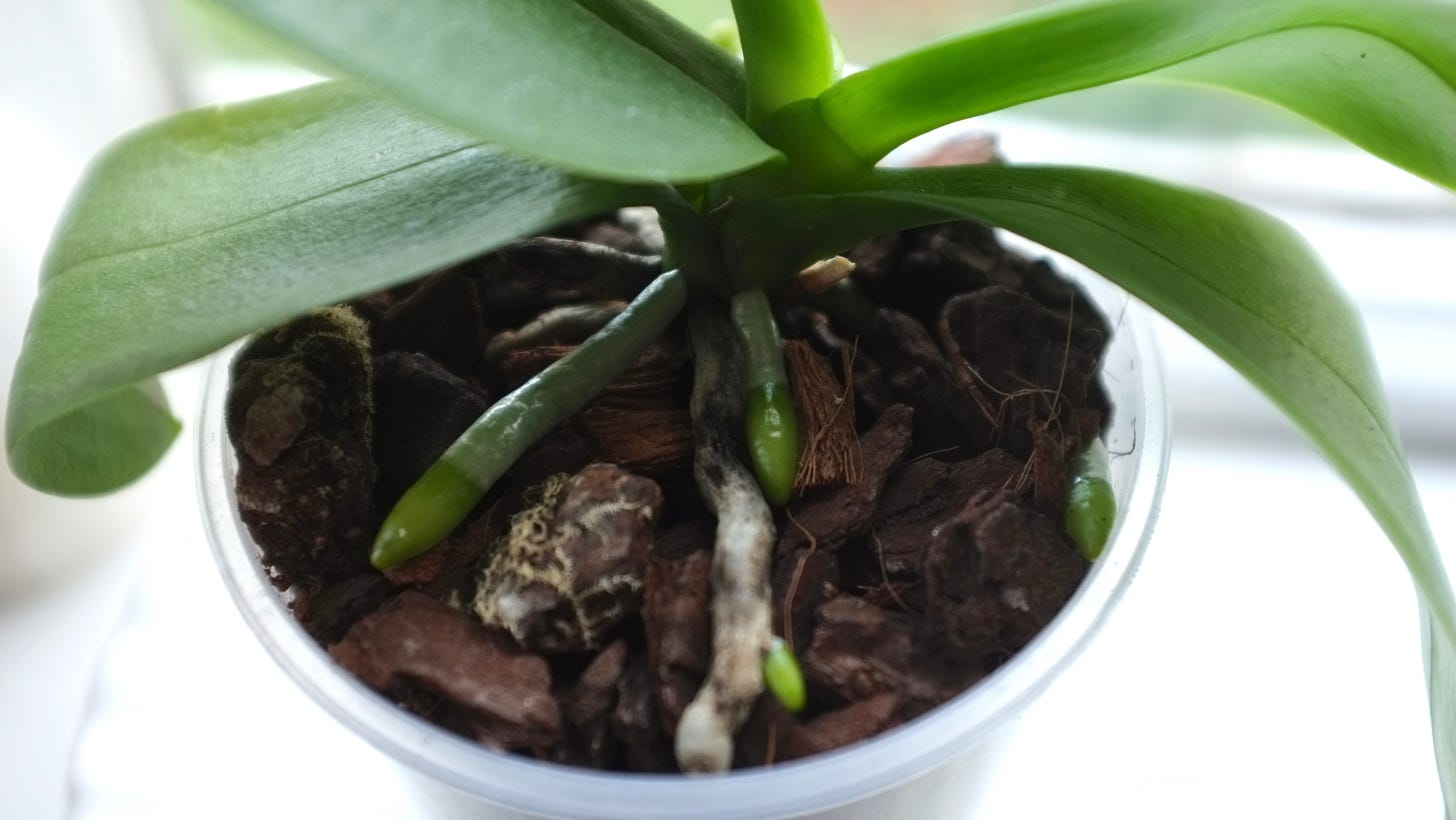

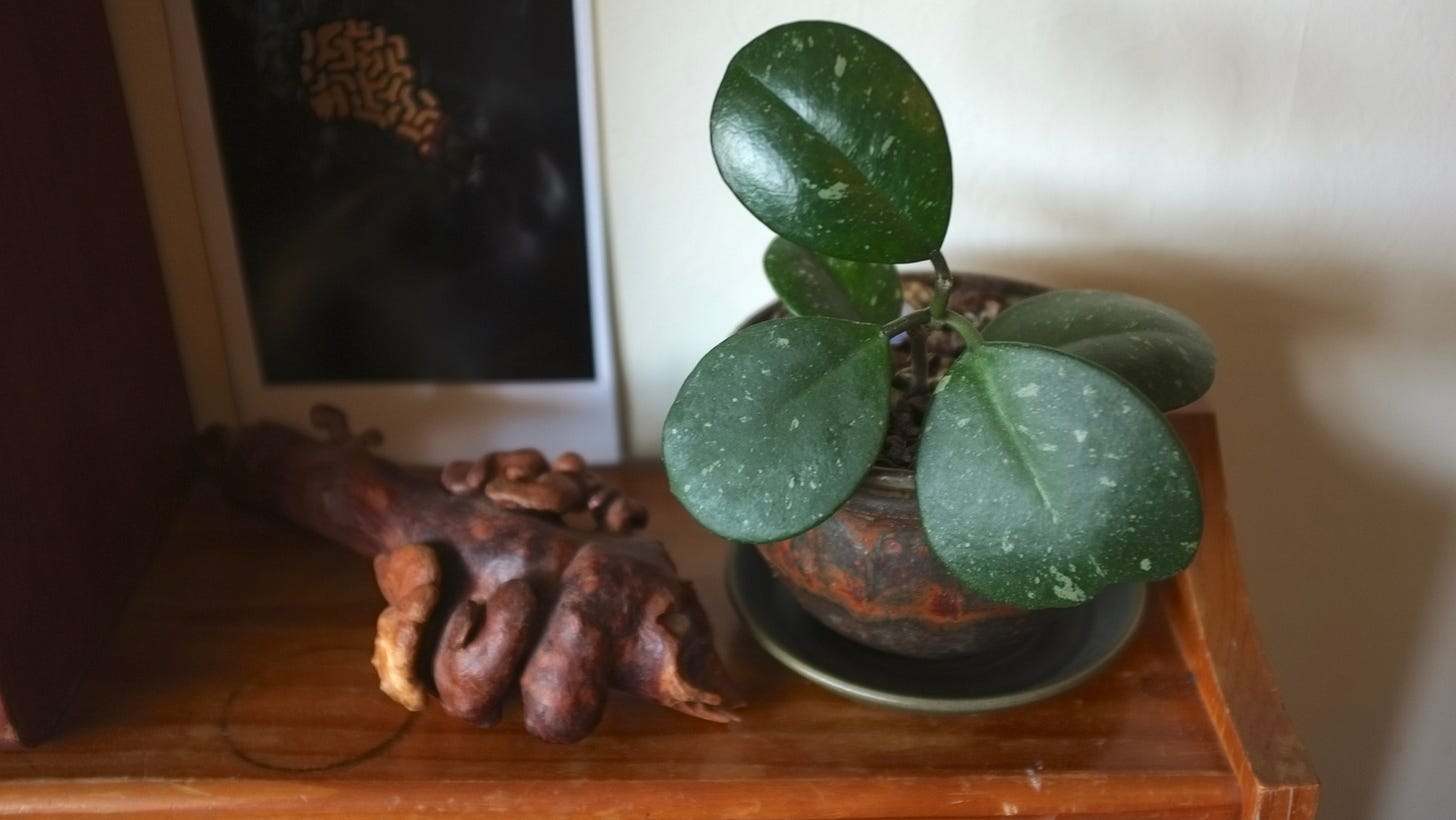
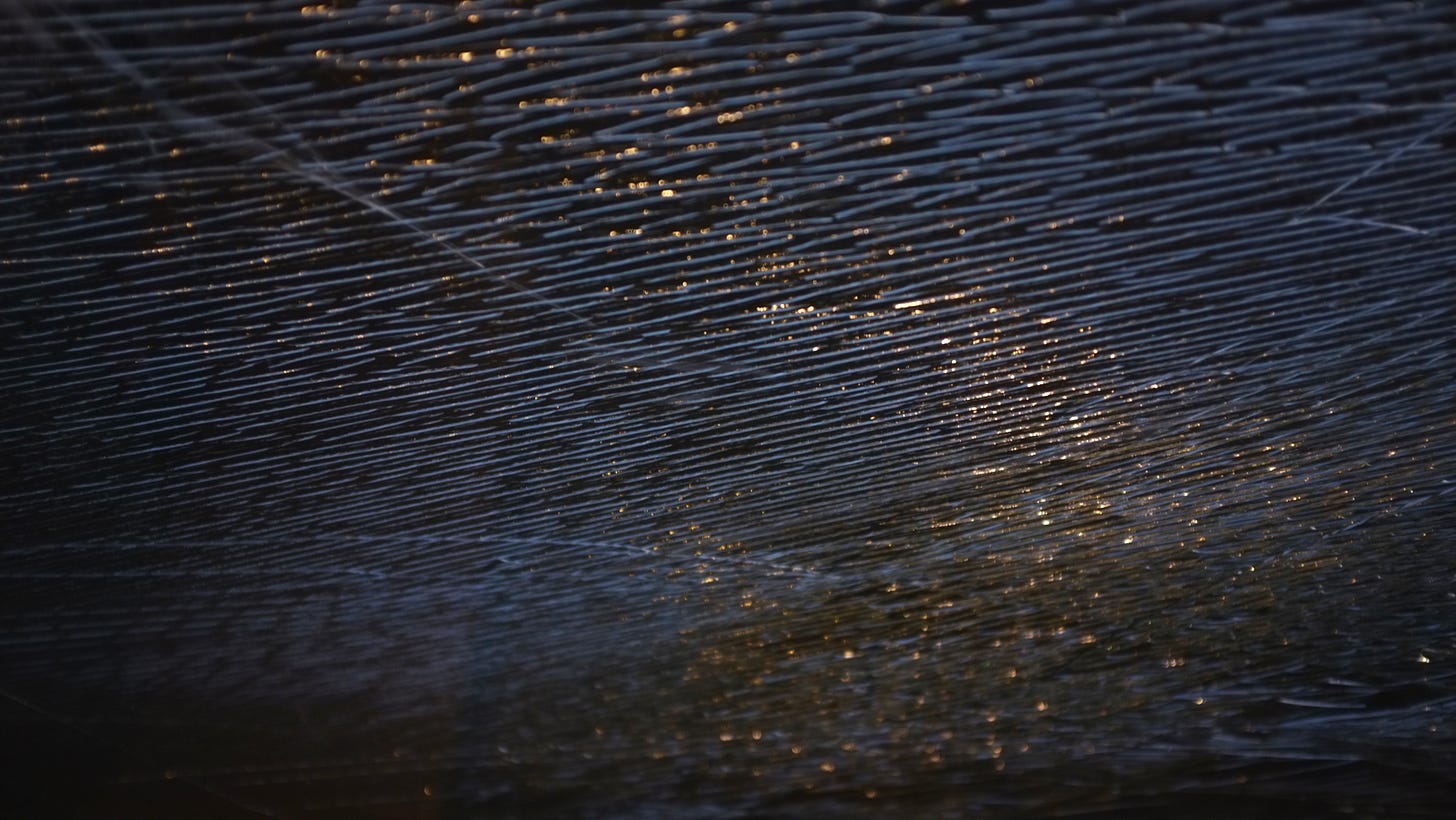
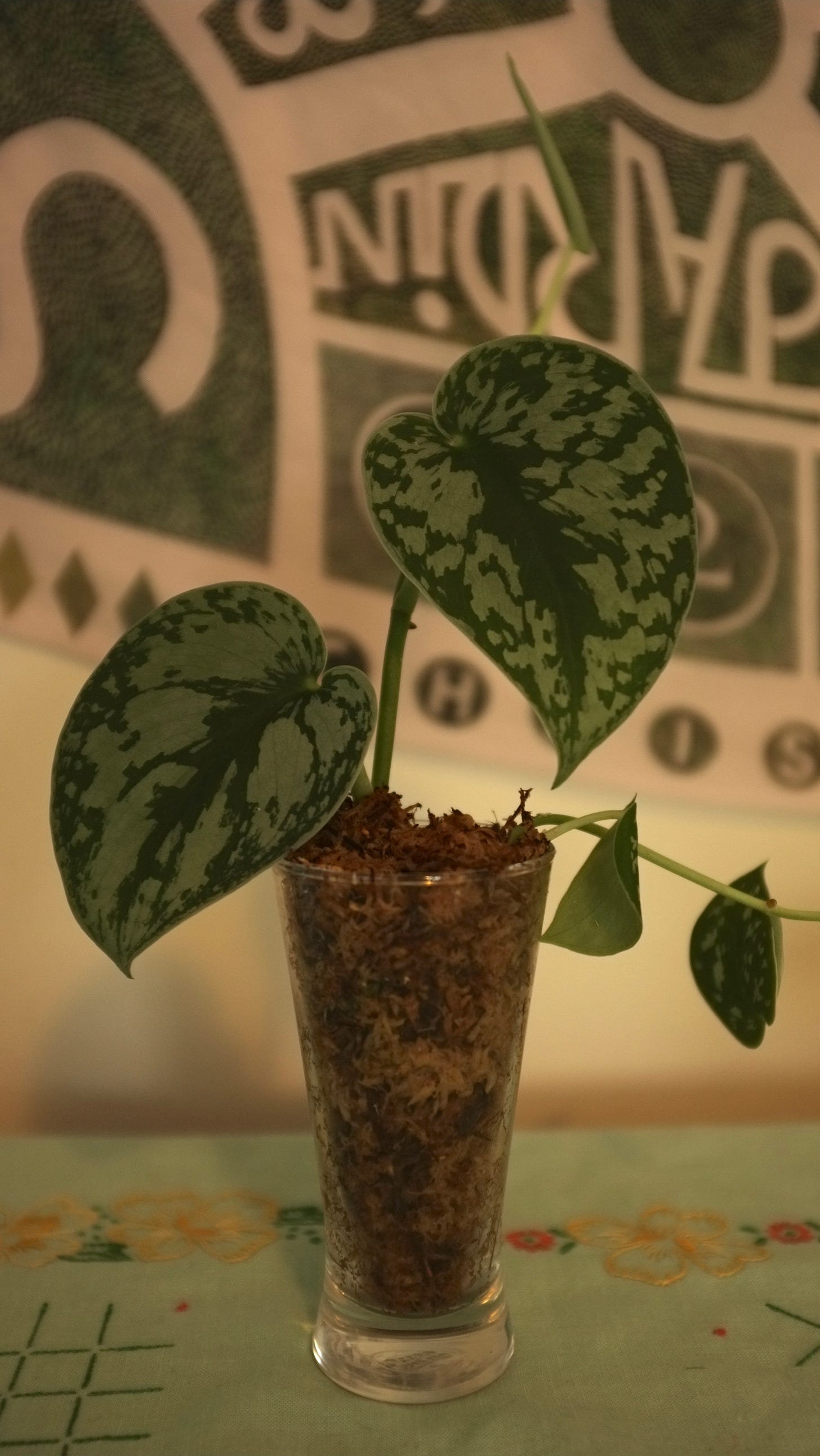
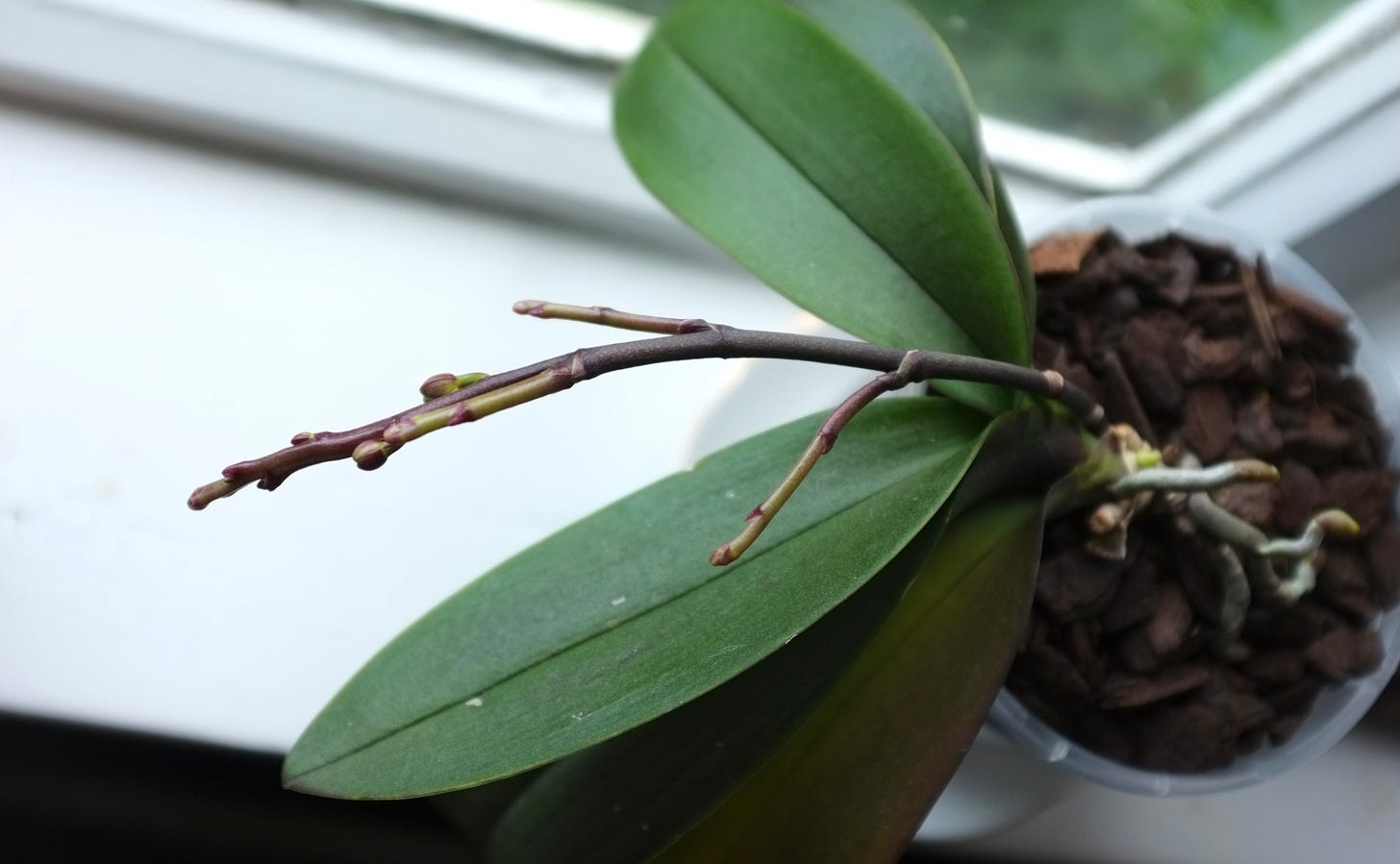
One of the reasons it's difficult to talk about housing is that it's so charged- whatever you say is likely to hurt someone's feelings. I wanted to add that of course there are many people in my generation who own homes. However, in most of those cases one or more of the following statements is true:
Their multiple-home-owning parents helped them into home-ownership. (i.e. 'class'.)
They have inherited wealth or assets. (also 'class'.)
They are one half of a securely attached double-(moderate-to-high)-income-earning couple. (arguably secure attachment is also a class matter.)
They cannot choose where to live- they have to buy wherever they can afford.
They are mortgaged up to the eyeballs and thus will ultimately pay far more than their house's nominal price at purchase.
Maybe the people who inherit or have help can have something like an old-fashioned property ownership experience, but those who manage to scrape their way in by their own efforts enter into a different kind of precarity: shackled for the next few decades to a volatile housing market, inflation, rates, vagaries of employment, etc. etc. I admire those people's determination and cleverness- it really is a massive achievement to buy a house!- but they have been backed into a corner too, a corner of indebtedness. So I don't think we're so different from each other despite the fact that (with luck) they will ultimately own the thing they're paying for week by week.
My friend James responded, via email: "I agree that there is this narrative that creative genius comes from trauma / desperation / tortured existence, and that this is the silver lining / price you have to pay for being a creative soul. I think that this is just what society tells itself in order to justify failing to support its culture producers. While it's true that often people convert their torment into creative productivity as a way to survive their experiences, I think that brings a very different 'product' or cultural outcome. It's ingenuity out of necessity, rather than the unfurling of creative becoming. Who knows what the child may have become without the constraints and struggle that bent them to the form they now have?"